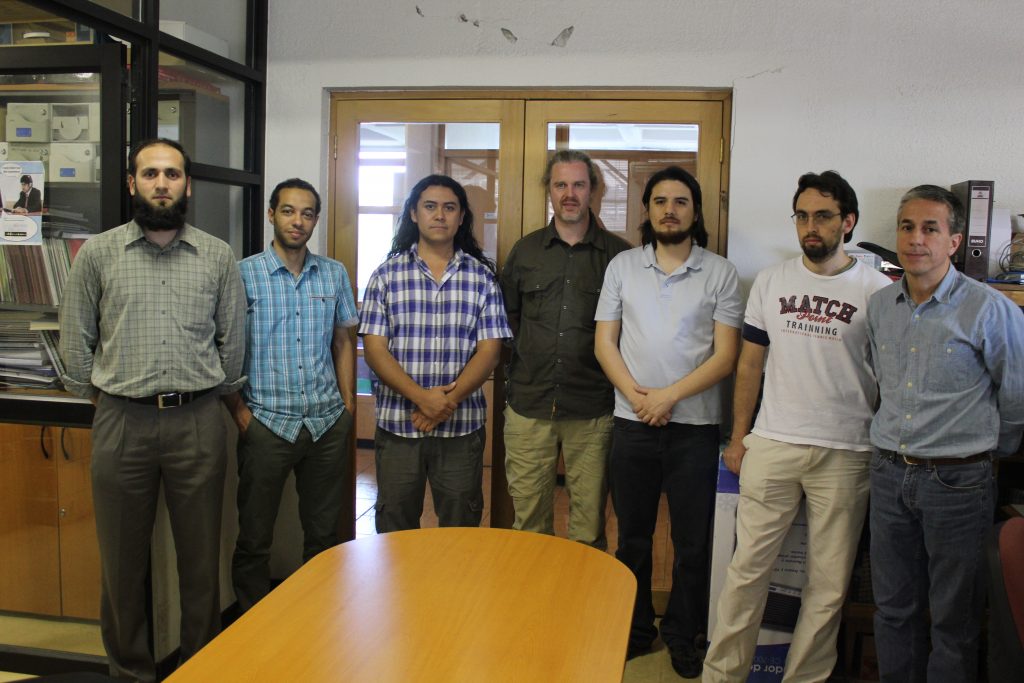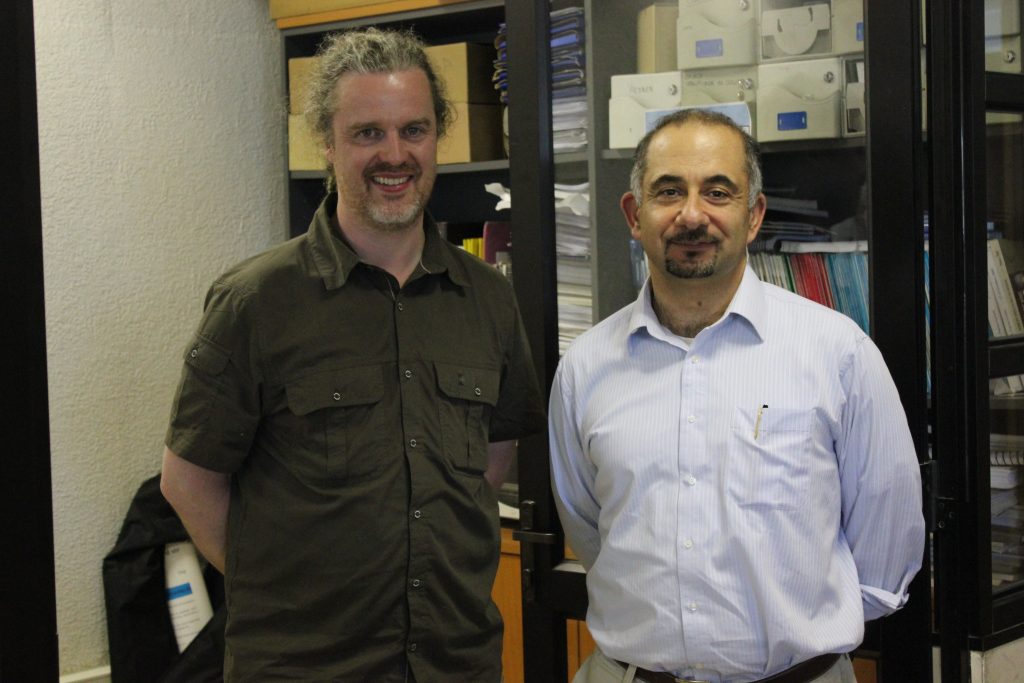BEGINNINGS
The Laboratory for the Processing and Transmission of Speech (LPTV) of the University of Chile was created in the year 2000 by Professor Néstor Becerra Yoma, Ph.D., as part of the project “Robust Processing of Acoustic Patterns of Telephone and Internet Applications”, financed by CONICYT/FONDECYT, Chile. Our research area of interest is focused on the following topics: speech technologies, QoS on the Internet, and usability in engineering.
The LPTV has had an important role in research activities and teaching in the Department of Electrical Engineering. Since 2000, more than 40 research assistants have been integrated into the LPTV. Some of them are currently students in the doctoral program. Further, the results of our work have been used in practical experiences and demonstrations in various undergraduate as well as postgraduate courses. In addition, the results of our research can be found in our publications, the majority in the most prestigious journals and international conference publications in the field of speech technology.

COMMUNITY
The LPTV has maintained collaboration with important universities and research centers such as: the University of Edinburgh, UK; University of Southern California, USA; Carnegie Mellon University, USA, and the University of Colorado, USA. Moreover, the Director of the LPTV maintains an active role in the international community of speech technologies, and is the director and one of the co-founders of the ISCA Special Interest Group of Iberian Languages.
Additionally, the LPTV has now achieved successful results in world-class technological transference. A motor of speech recognition, completely developed here, is being used in Argentina in a cellular telephone service, and a verification system of text-dependent speakers is now under evaluation. Currently, technologies for the teaching of English as a second language are one of the main fields of research and development on which we are focused. And finally, the results of our research have been covered substantially in the local press.


